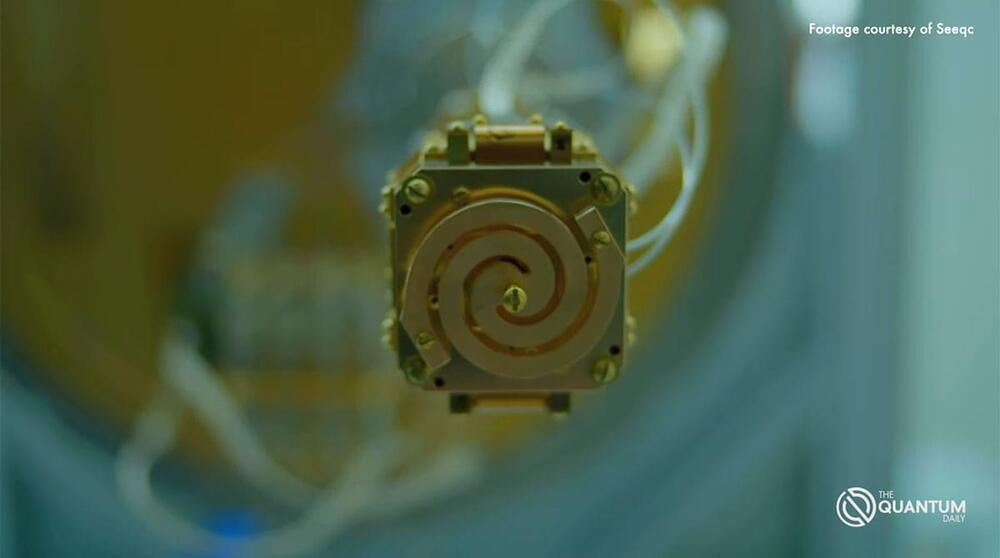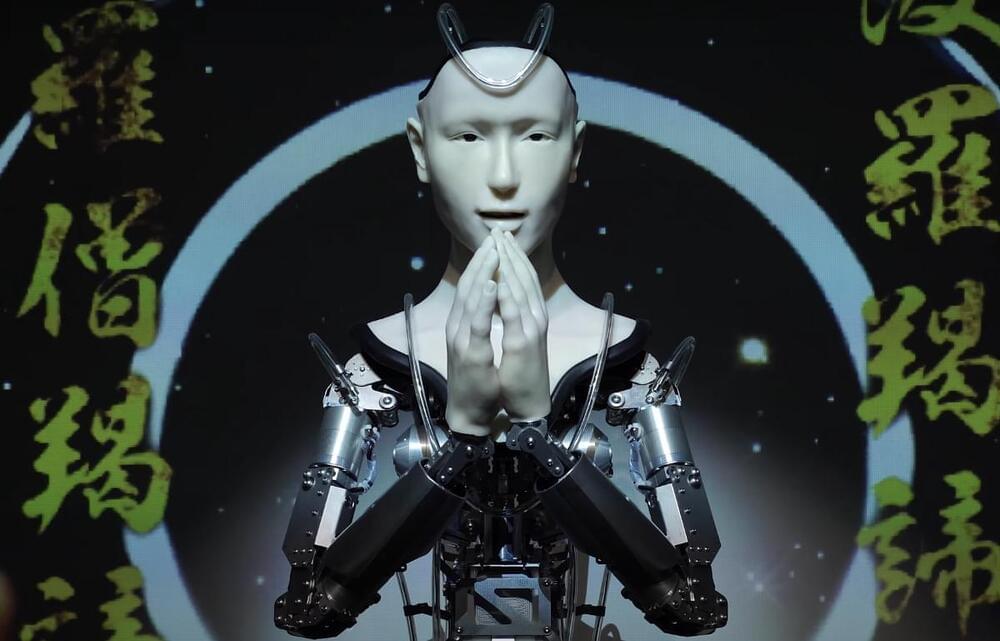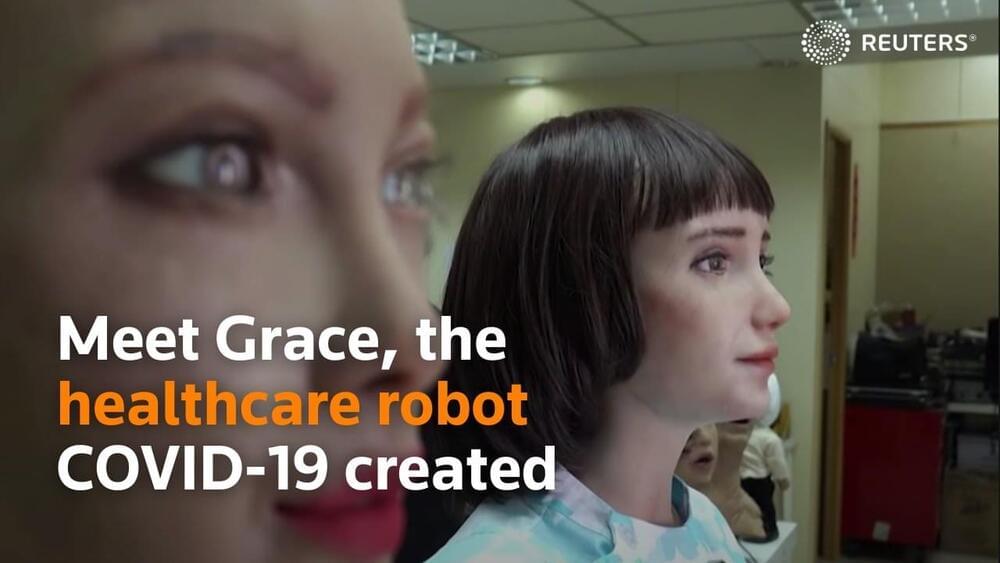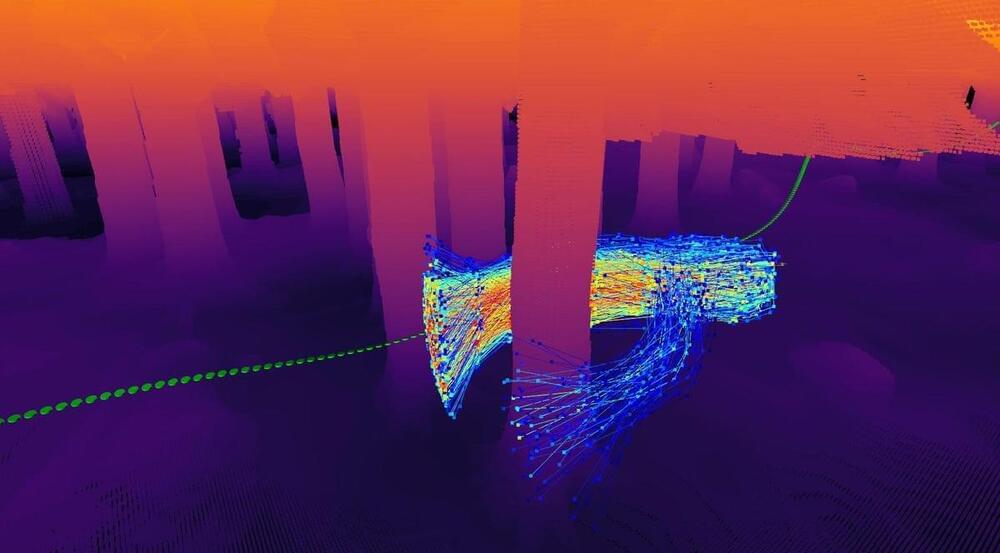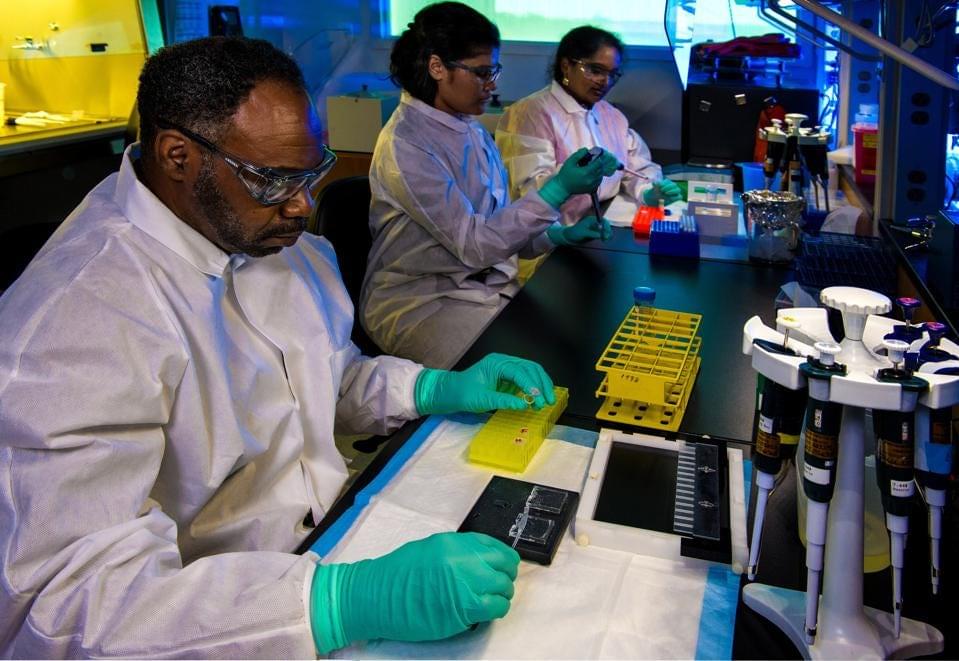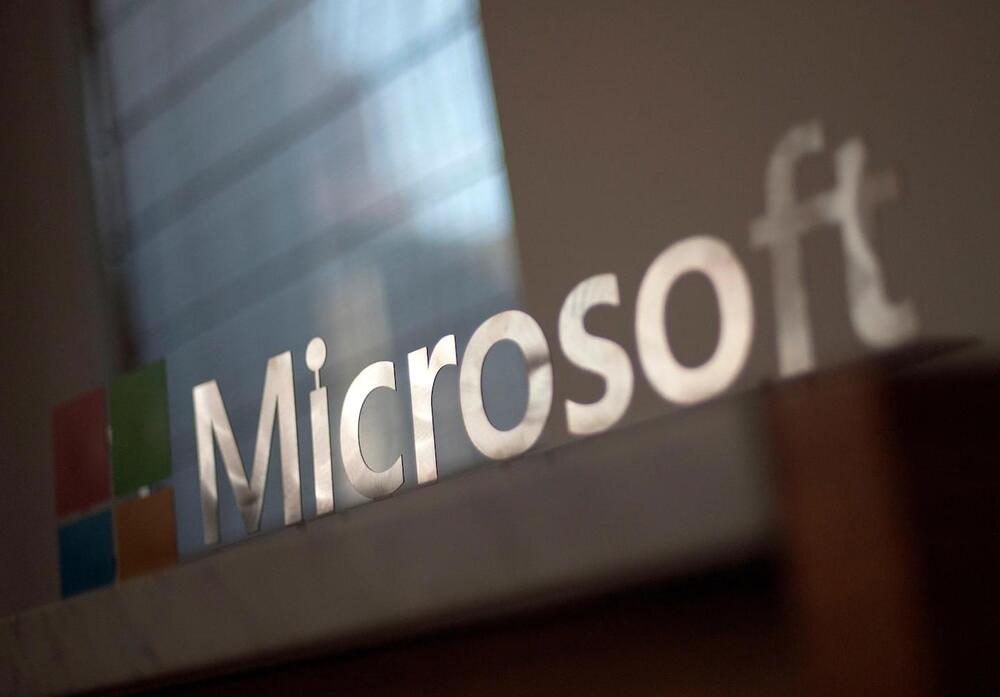Laura Hiscott reviews Quantum Technology | Our Sustainable Future by The Quantum Daily.
How could quantum computing help us to fix climate change? This is the question at the heart of Quantum Technology | Our Sustainable Future, a half-hour-long documentary published on YouTube in July.
Made by “The Quantum Daily”, a resource for news and information on all things quantum, the documentary consists of interviews with people working in a host of organizations in the sector, from Oxford Instruments NanoScience to Google Quantum AI. The main idea is that, since quantum computers have the potential to be much more powerful than classical ones, they could speed up the discovery of solutions, such as molecules that would be very effective at carbon capture.
